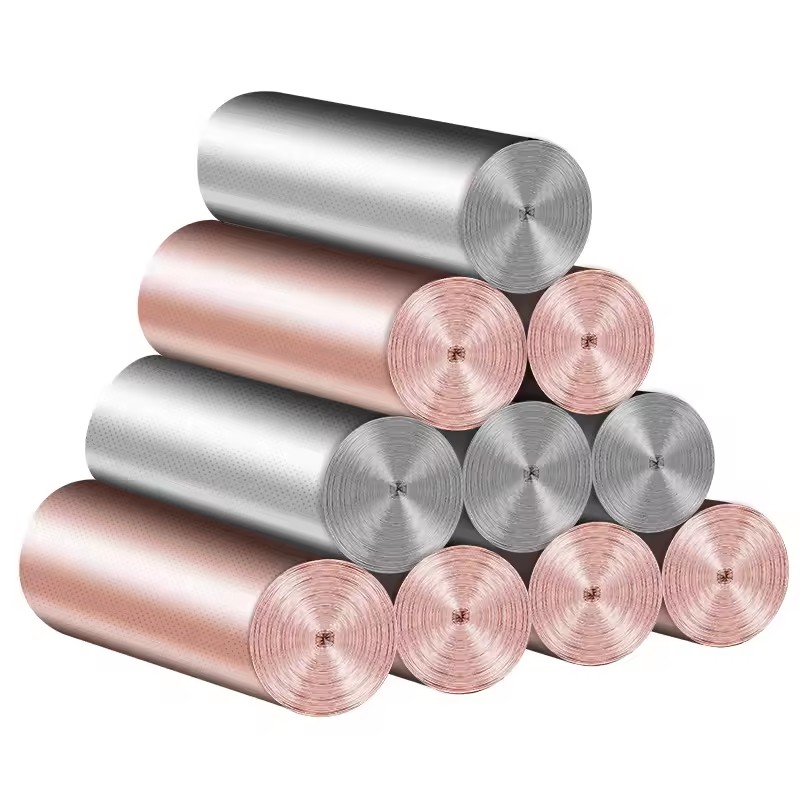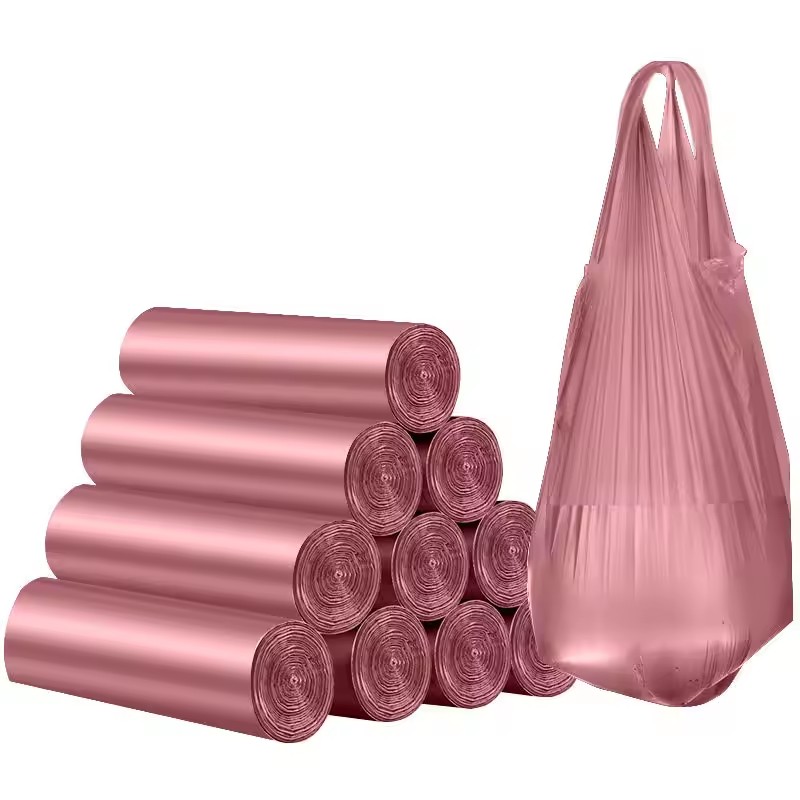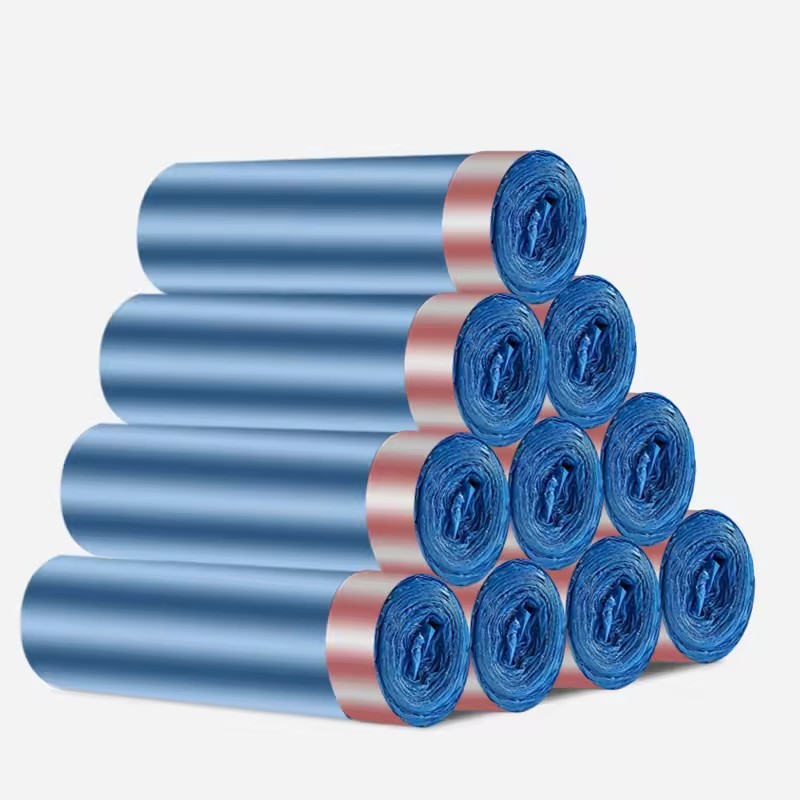What Are the Environmental Standards for Biodegradable Trash Bags?
Key Environmental Standards for Biodegradable Bags
ASTM D6400: This is one of the most recognized standards for biodegradable plastics. It ensures that a product is capable of being decomposed by microorganisms into CO2, water, inorganic compounds, and biomass.
EN 13432: A European standard that specifies the requirements for packaging to be considered compostable. It includes criteria for biodegradability, disintegration, and ecological impact.
DIN CERTCO: A certification that verifies the compostability of a product within industrial composting conditions.
BPI Certification: The Biodegradable Products Institute offers certifications for products that meet ASTM D6400 and other criteria for compostability in industrial facilities.
Home Compostability: Some bags are designed to break down in home composting conditions, although this is less common and can take longer than industrial composting.
Role of Biodegradable Trash Bag Suppliers
- Source Quality Products: Work with manufacturers to provide high-quality biodegradable bags that meet stringent environmental standards.
- Educate Consumers: Inform customers about the benefits and proper use of biodegradable bags.
- Offer a Range of Options: Provide various sizes and types of biodegradable bags to suit different needs.
- Ensure Compliance: Make sure that the products they supply meet all relevant environmental standards and certifications.
- Promote Sustainability: Help to drive the market towards more sustainable waste management practices.
Choosing the Right Recycle Trash Bag
- Certifications: Look for bags that have been certified by organizations like BPI or DIN CERTCO.
- Material: Biodegradable bags can be made from a variety of materials, including cornstarch, potato starch, or other plant-based materials.
- Breakdown Time: Understand the conditions required for the bag to break down and the estimated time frame.
- Strength and Durability: Ensure the bag is strong enough for regular use without tearing or leaking.
- Cost: While biodegradable bags may be more expensive upfront, the long-term environmental benefits can outweigh the cost.









